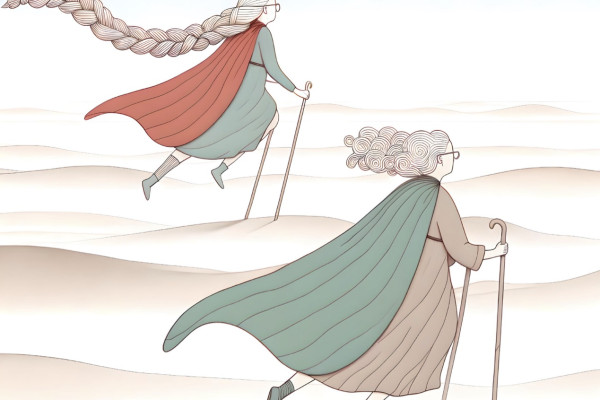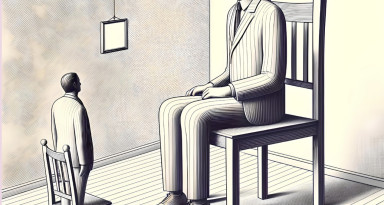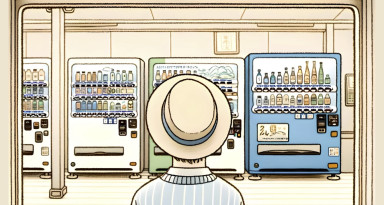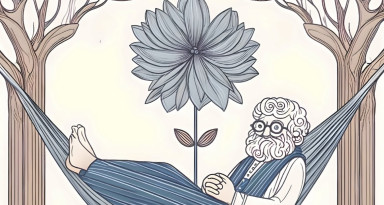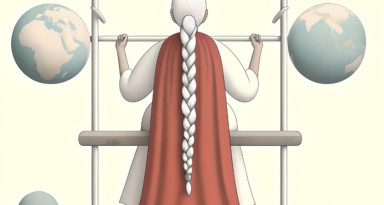Imagine you were given the chance to become a superhero. Let’s say a genie pops out of an old urn you purchased at a flea market and offers you the chance to change the world. But first, you must make a choice. Which coloured cape do you wish to wear? The red cape will grant you powers to fight against the things in the world you do not want – poverty, violence, injustice, and so forth. The red cape, in comparison, gives you the power to foster things you do want to see happen – such as peace, happiness, and abundance, for instance. Which cape would you choose?
For some, eliminating the bad will make room for the good to flourish, and so the red cape will be preferable. For others, fostering the good will help dampen the bad. “The life of the red-cape superhero would be very different from the life of the green-cape superhero,” writes James Pawelski in his paper, William James and Well-Being: The philosophy, psychology, and culture of human flourishing. While the red cape superhero will look for problems in the world, and will set out to resolve them, the green cape superhero will search for opportunities.
Of course, life is not this simple. Pawelski uses the example of gardening. While the red cape superhero will diligently pull out every weed, if they never actually plant a seed, the garden will not flourish. Conversely, if the green cape superhero – throwing seeds with abandon – doesn’t deal with the weeds, they will choke the growing plants. In many ways, in life we need to wear both capes at once – paying attention to both mitigative and constructive measures.
When it comes to our own psychological state, we can fall victim to wearing the red cape most days, by focusing our attention on what’s wrong with us – how can we become less anxious, depressed, or distracted. The DSM, or the Diagnostic and Statistical Manual of Mental Disorders, published by the American Psychiatric Association (APA), is a red cape handbook – classifying all the mental illnesses from which one might suffer.
More recently, however, positive psychologists, donning green capes, have come up with complementary reading material to the DSM, called Manual of the Sanities. The psychologists looked to cultures around the world and throughout history to pinpoint the character strengths and virtues that are universally valued. Rather than focus on what’s wrong with some of us, they focus instead on what’s right.
The manual lists the character traits (see list of traits below), or distinctive qualities, we should foster in our everyday lives – a handbook, more or less, to flourish.
From the Flourishing edition, which can be purchased via the online store
